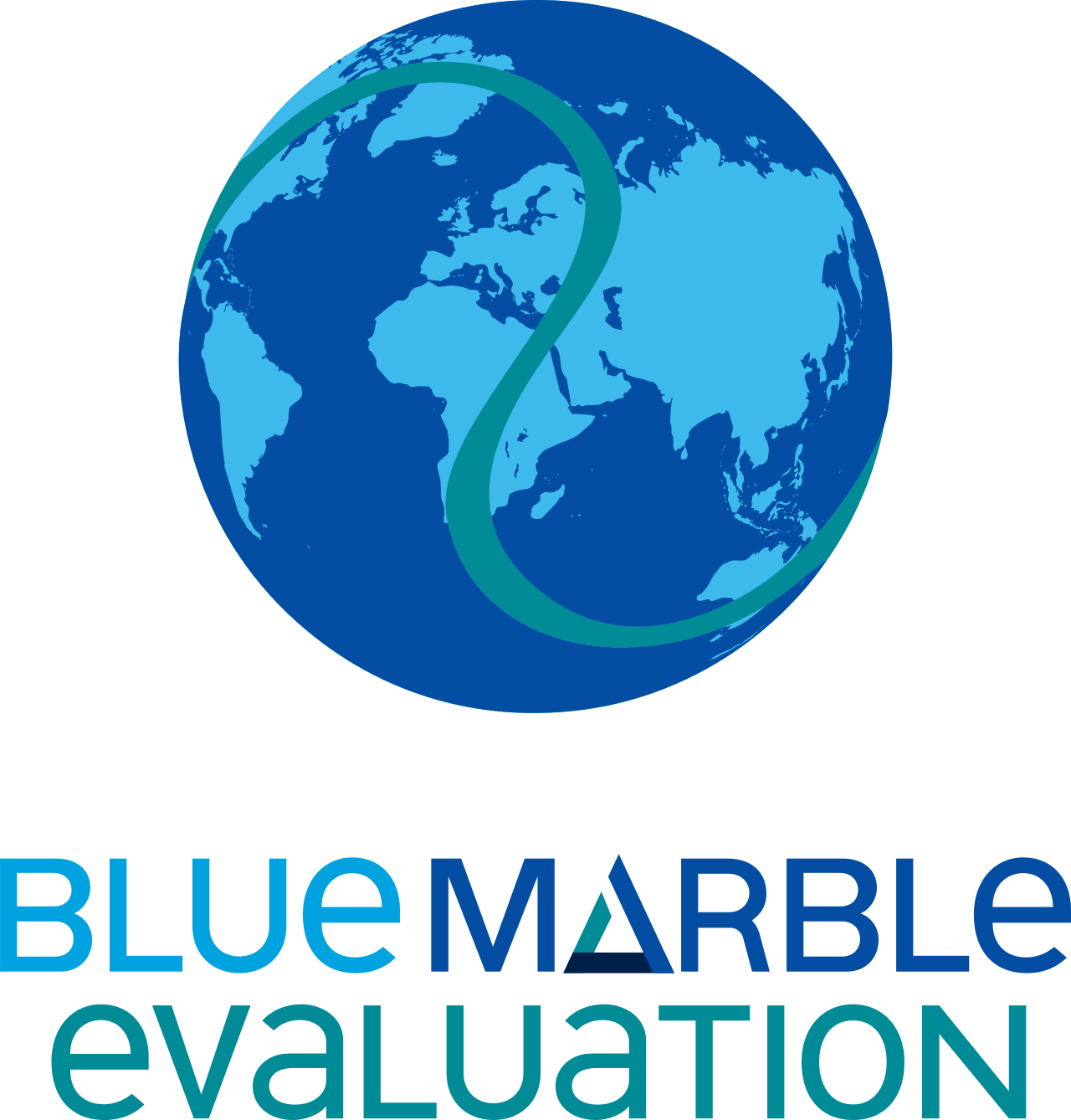Praxis Makes Perfect? Transcending Textbooks to Learning Evaluation Experientially and in Cultural Contexts
This article provides aspiring Blue Marble Evaluators with an alternative framework for thinking about professional development outside of “formal” and “scholarly” learning spaces. Particularly relevant in the context of the anthropocene, the article offers experiential learning in the field and within cultural contexts as a much-needed professional design component for developing responsive, effective, and transformative […]


